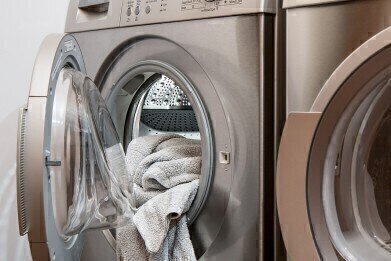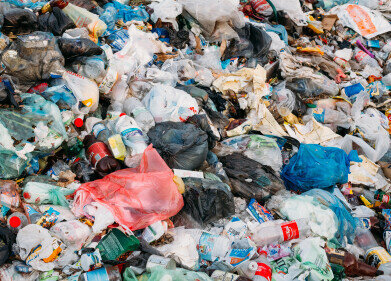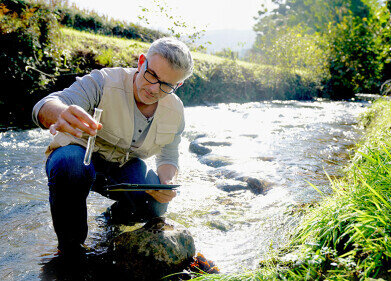Environmental Laboratory
Turning Agricultural Waste into Laundry Detergent
Mar 16 2020
A team of researchers from all over the globe appear to have struck upon a novel way of recycling agricultural waste and turning it into an additive for laundry detergent. The team, who are headquartered at the University of Portsmouth, published their findings in the journal Preparative Biochemistry and Biotechnology last month.
In the study, they were able to successfully isolate an important enzyme which is a by-product of the mustard oilseed industry by fermenting it via the use of a specific bacteria. The enzyme, known as lipase, is the second most widely produced commercial enzyme in the world and is commonly added to various consumer products, such as cosmetics, detergents and pharmaceuticals.
What is lipase?
In recent years, much research has gone into engineering enzymes to turn plant waste into sustainable products. Lipase represents one of the most sought-after of these enzymes, since it can be used for a variety of purposes. When it comes to laundry detergents, thousands of tonnes of lipase are used on an annual basis to replace chemical alternatives, due to the fact that lipase is more environmentally friendly and is more effective at removing stains without damaging the material in question.
Indeed, so popular has the enzyme become that it now constitutes an industry worth in excess of £450 million. However, one of the biggest stumbling blocks to mass-producing lipase is the expense which goes into its creation, since the fuel feedstocks which traditionally produce it are not cheap. In an attempt to solve that problem, microbial biotechnologist Dr Pattanathu Rahman and his team investigated the possibility of repurposing agricultural waste to strike upon a solution.
Keen as mustard
Minimising waste from the agricultural industry by using it as biogas has been on the scientific community’s agenda for some time, but Dr Rahman identified a particularly niche area of research he wished to pursue. Cognisant that mustard oilseed is the third most widely produced oilseed crop on the planet (behind soya and palm oil), Dr Rahman and his team looked into the possibility of using the oil cakes which come as a by-product of the oil extraction process. Due to their protein-rich content, the oil cakes form the perfect habitat for microbes to proliferate, thus paving the way for enzyme growth.
Dr Rahman and his team isolated the lipase enzyme by fermenting the oil cakes with the use of the bacteria Anoxybacillus sp. ARS-1, which is found in the hot springs of India. The results proved very promising. “We further investigated suitability of the lipase enzyme in detergent formulations,” explained Dr Rahman. “Anoxybacillus sp. ARS-1 produced lipase was found to be stable and resist almost all chemical detergents, as well as common laundry detergent such as Ezee, Surf, Ariel and Ghadhi, proving it to be a prospective additive for incorporation in the new detergent formulations.”
Digital Edition
IET 34.2 March 2024
April 2024
Gas Detection - Biogas batch fermentation system for laboratory use with automatic gas analysis in real time Water/Wastewater - Upcycling sensors for sustainable nature management - Prist...
View all digital editions
Events
Apr 30 2024 Melbourne, Australia
Apr 30 2024 Birmingham, UK
May 03 2024 Seoul, South Korea
May 05 2024 Seville, Spain
May 06 2024 Minneapolis, MN, USA


















